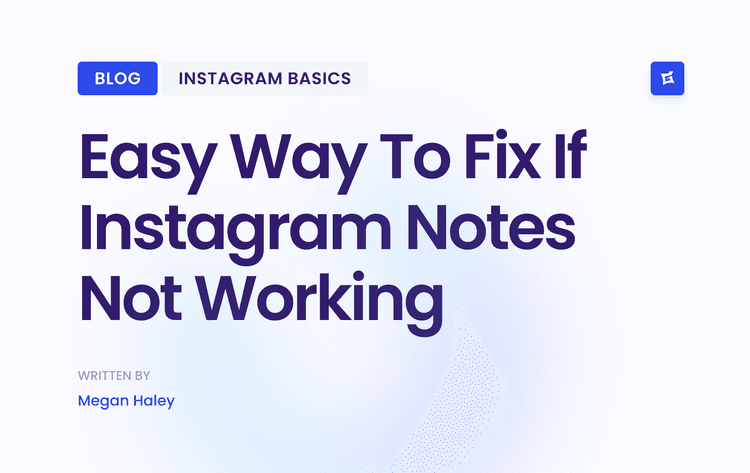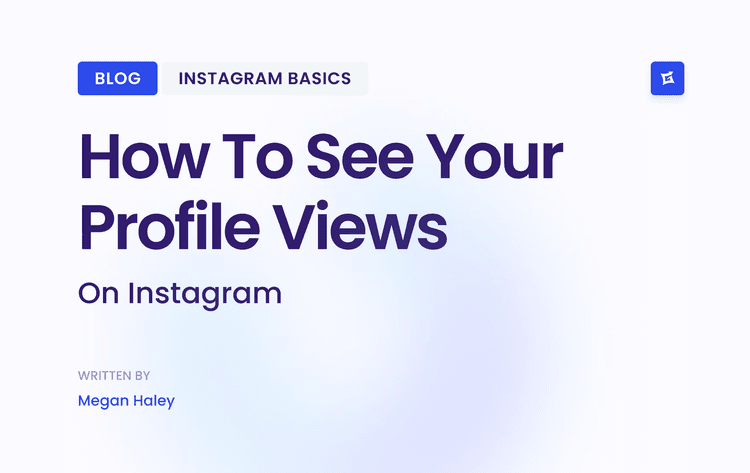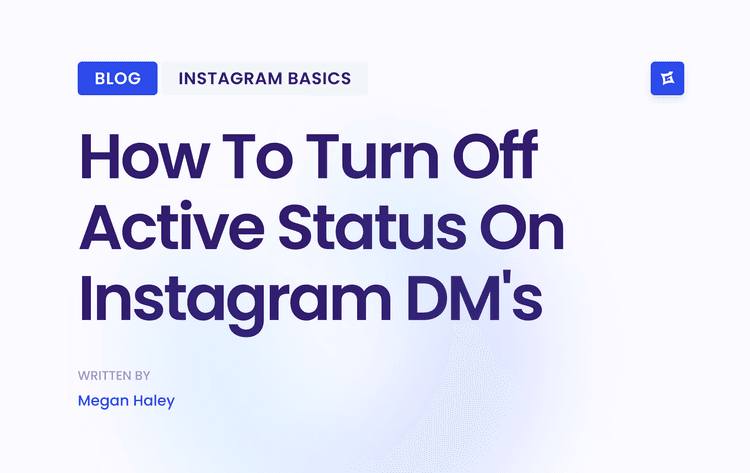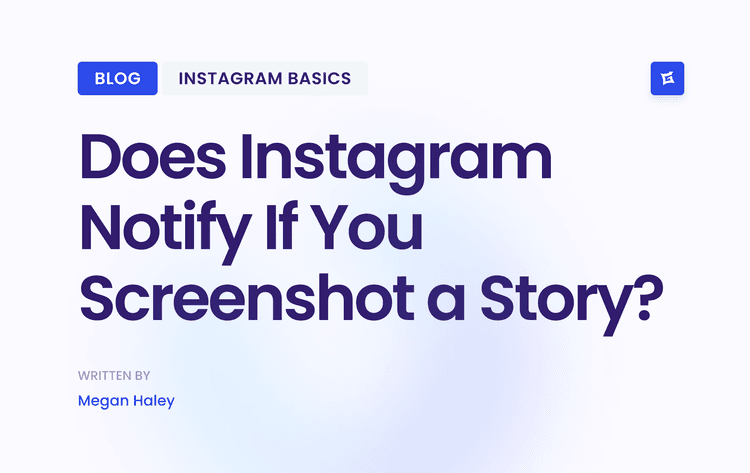Decoding Your Earning Potential

Figuring out what you should be earning is a bit like putting a puzzle together. Your final compensation package is a mix of several key pieces: your years of experience, where you live, the industry you work in, and the specific skills you bring to the table. National averages are a decent starting point, but they don't paint the full picture.
That’s why a crucial first step is conducting thorough market salary research. Doing your homework helps you set realistic expectations based on your specific situation, not some vague number that doesn't account for your city or expertise. Think of the "average salary" as a base recipe; the unique ingredients you add—like advanced analytics skills or living in a high-cost area—can dramatically change the final result.
Experience: The Primary Salary Driver
When it comes to your paycheck, experience is king. It's the single biggest factor that determines how much you’ll earn. As you grow from simply scheduling posts to architecting a brand's entire social strategy, your value—and your salary—naturally rise with it.
Companies are more than willing to pay top dollar for pros who have a proven track record of driving real results, leading teams, and truly owning a brand's online voice. It's a simple exchange: you bring more value, you earn more money.
Recent data shows that as the role’s importance grows, so does the pay. In 2025, the average base salary is reported to be around $59,567. A newcomer might earn about $45,496, while someone with 1-4 years under their belt averages $55,576. But jump into a hot sector like tech, and that average salary shoots up to $82,546, proving just how much your industry matters. For a deeper dive, you can explore detailed salary trends on PayScale.com.
A social media manager's salary isn't just a number; it's a reflection of their ability to turn online engagement into tangible business value. The more effectively you can prove your impact on the bottom line, the greater your earning potential becomes.
To help you visualize this progression, I’ve put together a table breaking down typical salary ranges by experience level in the U.S.
US Social Media Manager Salary by Experience Level
This list offers a snapshot of what you can generally expect to earn at different stages of your career as a Social Media Manager in the United States.
Entry-level professionals with 0–1 year of experience typically earn between $45,000 and $55,000 per year.
Mid-level professionals with approximately 2–5 years of experience typically earn between $55,000 and $70,000 annually, reflecting their increasing expertise and responsibilities.
Senior-level professionals with 6–9 years of experience typically earn between $70,000 and $90,000 per year, as they bring advanced skills and leadership capabilities to their roles.
Finally, lead or director-level professionals with 10 or more years of experience often earn $90,000 or more annually, depending on company size and industry.
As you can see, there's a clear and rewarding path for growth. The more time and skill you invest in your career, the more you can expect your compensation to reflect that commitment.
How Location Shapes Your Paycheck

When it comes to your salary as a social media manager, where you live—or where your company is based—is one of the biggest pieces of the puzzle. It's a lot like real estate: the same job can come with a completely different price tag depending on the city, state, or even country.
This isn't random. The pay gap is directly tied to the local cost of living and the demand for your skills. A role in a major hub like San Francisco or New York City will almost always pay more than the same job in a smaller town. Why? Because an $85,000 salary in New York might only give you the same buying power as $60,000 in Omaha, Nebraska, after you factor in rent, taxes, and everything else.
Companies in expensive cities simply have to offer more to attract people who can afford to live there.
A Global Salary Snapshot
This isn't just a US phenomenon; it's a global reality. The demand for great social media managers is worldwide, but the paychecks are all over the map.
In London, for instance, you might see an average salary of around £40,621. Hop over to Canada, and the average is about $48,532 CAD.
Australia stands out with a much higher average of $90,000 AUD, thanks to a hot job market and high living costs in cities like Sydney. Meanwhile, in major European hubs like Germany and France, the averages sit closer to €35,590 and €39,240, respectively. Of course, senior-level and specialized roles in those countries can command much more. For a deeper dive into international figures, check out the full salary research on CareerFoundry.com.
Your location sets the baseline for your salary expectations. A high cost of living in a major city often translates directly to a higher paycheck, as companies adjust their compensation to match the local economic environment.
The takeaway is clear: while the job title stays the same, the pay is anything but standard. The economic health of a region and how much that market values social media marketing will directly influence what you can earn.
The Remote Work Effect
The rise of remote work is starting to shake things up. For years, companies in pricey cities paid top dollar because their talent pool was local. Now, they can hire from anywhere in the world, which is a game-changer for job seekers.
On one hand, this is fantastic news. You could potentially land a high-paying role with a company in an expensive city while living somewhere much more affordable. On the other hand, many companies are now adjusting salaries based on the employee's location, a practice some call geo-arbitrage.
This means you might see salary bands broken down by cost-of-living zones:
Zone A (High Cost): $85,000 - $100,000 (e.g., San Francisco, NYC)
Zone B (Medium Cost): $70,000 - $85,000 (e.g., Austin, Chicago)
Zone C (Low Cost): $60,000 - $75,000 (e.g., St. Louis, Boise)
Even though the lines are getting a bit blurry with remote work, geography is still a massive factor. Knowing the going rate in your local market—and in the markets you're targeting for remote roles—is the first step to figuring out what you’re really worth.
Key Factors That Drive Higher Earnings
Beyond your years in the game and the city you work in, several other pieces of the puzzle determine your social media manager's salary. Think of your career like a portfolio—the more high-value assets you add, the more it's worth. Some industries, company sizes, and specialized skills are serious game-changers for your paycheck.
Two social media managers with the exact same experience can have wildly different salaries. Why? It all comes down to the environment they work in. Getting a handle on these variables isn't just about knowing your worth; it's about actively taking steps to increase it.
The Industry Advantage
Where you work can be just as important as what you do. Some industries simply have bigger marketing budgets and see a clearer line between social media efforts and their bottom line. When your work is tied directly to big-time revenue or managing serious risk, you can command a higher salary.
For instance, a job in the tech world is almost always more lucrative. These companies live and breathe digital innovation and pour money into their online presence. Finance and healthcare are also top-tier payers. While they come with a lot more red tape, the need for precise, compliant, and trust-building communication makes a skilled social media pro an incredibly valuable asset.
The industry you choose is a strategic career move. A role in a high-growth, high-margin sector like technology or finance often comes with a built-in salary premium, reflecting the greater resources and higher stakes involved.
This isn't to say other industries are a bad bet, but the trend is hard to ignore. A social media manager driving sign-ups for a new SaaS product will almost certainly have a higher earning potential than one managing the community for a local non-profit, even if their day-to-day tasks look similar.
Company Size and Structure
The size of the company you work for also shapes your salary and your career in a big way. Each type of workplace offers a unique mix of compensation, day-to-day responsibilities, and chances to grow.
Startups and Small Businesses: In a startup, you'll likely wear a dozen hats, which is a fantastic way to get a ton of experience fast. The base salary might be on the lower end, but it's often sweetened with stock options or performance bonuses, giving you a shot at a huge payday if the company takes off.
Mid-Sized Companies: These businesses offer a nice middle ground between startup chaos and corporate bureaucracy. Salaries are usually more competitive than at a startup, and you often find a clearer path for moving up without getting lost in a massive organization.
Large Corporations and Enterprises: This is where you'll typically find the highest base salaries and the best benefits packages. Global companies have structured career ladders, but the roles are often highly specialized. You might become a deep expert in something specific, like paid social ads or global content strategy.
Working for a huge, well-known brand usually means you're managing bigger budgets and leading massive campaigns—responsibilities that naturally come with a bigger paycheck. The trade-off is that your role might feel more siloed compared to the all-in-one job you'd have at a startup.
High-Value Skills That Boost Your Paycheck
Maybe the most direct way to fatten your wallet is by mastering skills that are in high demand. Sure, community engagement and posting great content are the foundation, but companies pay a premium for people who can prove they're making a real financial impact.
The most valuable skills are the ones tied directly to business goals—think lead generation, sales, and customer acquisition. When you develop expertise in these areas, you stop being just a content publisher and become a strategic partner.
Here are the skills you should be focusing on:
1. Paid Social Advertising: Getting seriously good with platforms like Meta Ads and LinkedIn Ads is a game-changer. The ability to build, manage, and tweak campaigns that bring in qualified leads and sales is probably the single most valuable skill in this field.
2. Data Analytics and Reporting: Anyone can post a cat video. Not everyone can dig into the data and prove it drove results. Knowing your way around analytics tools to track KPIs, measure ROI, and turn numbers into a smart strategy is what separates the top earners from everyone else.
3. SEO Knowledge: Understanding how social media and search engine optimization feed each other is a powerful one-two punch. If you can create social content that also ranks in search and drives organic traffic to the company website, you've just made yourself twice as valuable.
By making smart choices about your industry, understanding how company size affects your role, and constantly adding these high-impact skills to your toolbox, you can take real control over your career and move into a higher salary bracket.
Mapping Your Social Media Career Path
A career in social media isn't a single destination; it's a journey. Your role, responsibilities, and the salary you can command will naturally grow as you climb the ladder. You'll start with hands-on, day-to-day execution and gradually move toward big-picture strategy, team leadership, and budget ownership. Understanding this progression is crucial for mapping out your long-term professional and financial goals.
The path usually starts at the coordinator level, where you're busy mastering the fundamentals. As you gain experience and prove your skills, you'll start taking on more strategic work that directly shapes the brand's voice and contributes to real business outcomes. It's not just about getting a new title—it's about a complete shift in how you provide value.
This infographic lays out the typical career tiers and the salary jumps you can expect as you build your expertise.
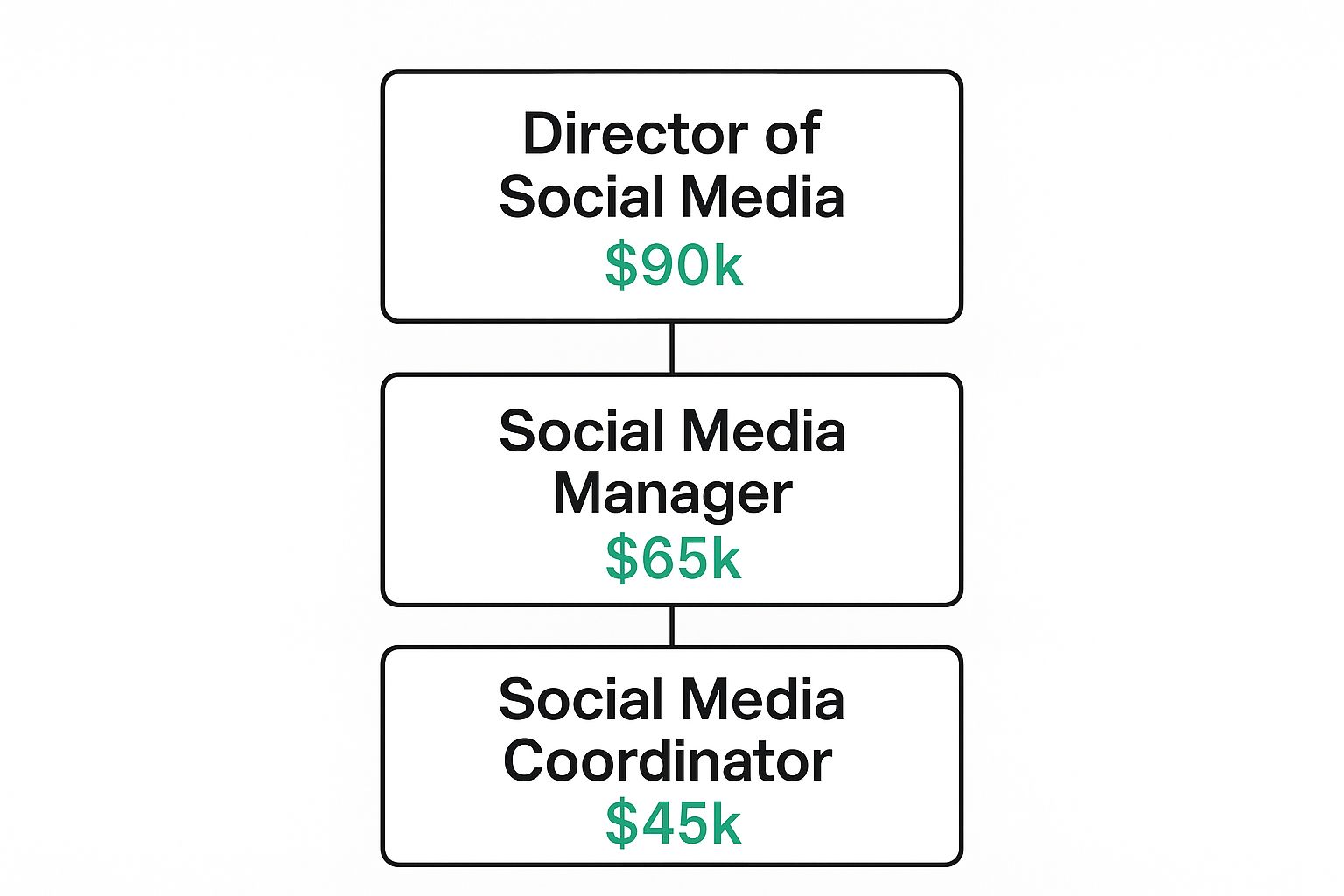
As you can see, each step up the ladder comes with a significant bump in pay, reflecting the added strategic weight and responsibility of the role.
Let's break down this career progression in more detail. The following table outlines the typical journey from an entry-level position to a leadership role, showing how responsibilities and earning potential evolve.
Social Media Career Path and Salary Progression
Entry-level professionals — such as Social Media Coordinators, Community Managers, or Social Media Assistants — focus on the fundamentals. They handle scheduling posts, monitoring engagement, responding to comments, and compiling basic performance reports. Salaries at this stage typically range from $45,000 to $65,000 per year.
Mid-level roles, like Social Media Manager or Social Media Strategist, involve more strategic responsibilities. These professionals develop content calendars, plan campaigns, manage budgets, analyze performance metrics, and often oversee freelancers or interns. Their salaries usually fall between $65,000 and $95,000 annually.
At the senior level, titles such as Senior Social Media Manager or Head of Social Media take on leadership and analytical depth. They oversee multiple channels or brands, manage teams, lead large-scale campaigns, and extract data-driven insights for business growth. Professionals in these positions can expect to earn $95,000 to $130,000 per year.
Finally, at the leadership level, roles like Director of Social Media or VP of Social/Marketing are responsible for setting the overall social media vision, managing departmental budgets, aligning strategies with executive goals, proving ROI, and building high-performing teams. Compensation for these senior executives typically starts around $130,000 and can rise significantly higher depending on the company's size and industry.
This list provides a clear roadmap, illustrating that as your influence on the business grows, so does your compensation.
From Coordinator to Manager
The first major leap in your career is the move from Social Media Coordinator to Social Media Manager. As a coordinator, your world revolves around execution. You're scheduling posts, engaging with the community, and pulling basic reports. Your job is to keep the social media machine running smoothly day in and day out.
But when you step into a manager role, your perspective has to widen. You're not just running the machine anymore; you're helping design it. This means you're now responsible for developing content strategies, setting clear goals for campaigns, analyzing data to find actionable insights, and managing a small budget. This jump from task-doer to strategist is what unlocks that first significant salary increase.
The Specialist vs. Generalist Path
As your career progresses, you'll hit a fork in the road: do you become a specialist or a generalist? A generalist is a jack-of-all-trades, comfortable with everything from community management to content creation and basic ad buying. This is a fantastic path for working at smaller companies where you need to wear many hats.
A specialist, on the other hand, goes incredibly deep into one high-value area. Think of the paid ads guru who can generate millions in revenue through Meta ads or the B2B SaaS strategist who knows exactly how to build a thriving community on LinkedIn.
Your career progression is directly tied to your scope of influence. Moving up means shifting your focus from managing posts to managing strategy, people, and budgets. Each step requires a new set of skills and a broader business perspective.
While both paths are perfectly valid, specialization often leads to a higher salary. Companies are willing to pay a premium for true experts who can solve a specific, expensive problem or unlock a major growth opportunity. Developing a sought-after niche makes you a rare commodity, giving you serious leverage in any salary negotiation.
Reaching the Director and Leadership Level
The final leap takes you from managing social media to leading it as a Director of Social Media or even a VP of Marketing. At this point, your day-to-day work becomes almost entirely strategic. You've moved past creating individual posts and are now focused on building and leading a team of talented managers and coordinators.
Your new, high-level responsibilities will include:
Owning the entire social media budget: You're the one deciding how hundreds of thousands—or even millions—of dollars are allocated.
Setting high-level strategy: Your work directly connects social media efforts to overarching business goals, like expanding into new markets or repositioning the brand.
Measuring business impact: You are ultimately accountable for proving the ROI of your team's work to the C-suite.
Team Leadership and Development: You're responsible for hiring, training, and mentoring the next generation of social media pros. For more on this, check out our guide on essential social media management tips that can help elevate your team.
This level of responsibility, of course, comes with top-tier compensation that is often well into the six figures. It’s the ultimate destination for those who can successfully make the transition from a skilled practitioner to a visionary business leader.
The Most Profitable Skills to Master
Knowing your worth is one thing; actively growing it is another. While your experience level and where you live set the baseline for your salary, the skills you bring to the table are what really move the needle. Companies are more than willing to open their wallets for pros who can connect social media activity directly to the bottom line.
This means your job is about more than just posting cool content. It’s about becoming a strategic partner who drives real growth. The highest-paying skills are the ones that answer the C-suite's favorite question: "What was our ROI on that?" When you can answer that confidently, you stop being a line item on a budget and start being an engine for profit.
Mastering Paid Social Advertising
If there's one skill to bet on, it's paid social advertising. Organic reach is a tough game these days, but a smart ad campaign delivers predictable, measurable results. It's a direct line to new customers and sales, which makes it an incredibly powerful skill to have.
Being a pro here is way more than just hitting the "boost post" button. It's about:
Platform Mastery: Knowing the ad platforms for Meta (Facebook & Instagram), LinkedIn, and even TikTok inside and out.
Audience Targeting: Building razor-sharp custom audiences to get the perfect message in front of the right person at just the right moment.
Creative Testing: Methodically testing different ad copy, images, and videos to see what works best and drive down costs.
Budget Management: Wisely spending the company's money to get the absolute best return on every dollar.
Imagine walking into your next performance review and explaining how you turned $10,000 in ad spend into $50,000 in new sales. That’s a conversation that gets you a raise.
Turning Data into Actionable Insights
Every social media platform is a firehose of data. Most managers can pull basic reports on likes and shares, but the top earners are the ones who can look at all that data and tell you exactly what to do next. Analytics is the language of business, and if you want a high salary, you need to be fluent.
This isn’t about making fancy spreadsheets. It's about telling a compelling story with numbers. It means you can look at the data and confidently answer the big questions—like which campaigns are actually bringing in qualified leads, what content trends are about to pop, and where the marketing strategy should go next.
The ability to analyze data and prove ROI is what separates a social media coordinator from a social media strategist. It shifts your role from content creator to trusted business advisor, directly impacting your earning potential.
To really nail this, you have to get comfortable with the right tools. To truly stand out and command a higher salary, it's essential to showcase your expertise. Learn more about the high-impact skills to highlight on your resume to make a compelling case for your value. Mastering the best social media analytics software is a crucial step in developing this expertise and demonstrating your strategic capabilities.
Advanced Content Creation Skills
Sure, solid writing and basic graphic design are the minimum requirements. But if you want to set yourself apart, you need advanced content creation skills—especially video. Video is king. It crushes it on engagement and is the lifeblood of platforms like Instagram Reels, TikTok, and YouTube Shorts.
A manager who can not only plan the strategy but also create slick, high-quality short-form videos is a force to be reckoned with. You don't need to be a Hollywood director, but getting good with editing tools like CapCut or Adobe Premiere Rush makes you exponentially more valuable. You can move faster, create better content, and own the entire process from idea to execution.
Integrating Social Media and SEO
Finally, understanding how social media and Search Engine Optimization (SEO) work together is a huge competitive advantage. While a viral tweet won't directly boost your Google ranking, the two channels support each other to build brand authority and drive traffic.
A manager who gets SEO can:
Create social posts that align with the keywords the company is trying to rank for.
Promote blog posts and other website content on social to earn valuable shares and backlinks.
Optimize social media profiles so they show up in Google search results.
Use social listening to discover new keywords and content ideas people are already talking about.
This integrated mindset shows you see the big picture. It proves you aren't just stuck in a social media silo but are actively contributing to the company's entire digital presence. That makes you an indispensable—and very well-paid—part of the team.
How to Negotiate for the Salary You Deserve

Knowing the average social media manager salary is one thing, but actually getting it is another. It all comes down to negotiation. Walking into that conversation unprepared is like launching a campaign with no strategy—you're just hoping for the best.
The secret is to change the conversation from what you want to what you’ve proven you’re worth. This isn’t about making demands; it’s about building an airtight business case for your value.
Do Your Homework First
Before you even dream of a number, you have to do your research. This is your anchor. It grounds your request in solid data, not just wishful thinking. Use salary tools and industry reports to figure out a realistic range for someone with your experience, skills, and location.
Your goal is to land on a specific, justifiable number. Don't just say, "I'd like more money." A much stronger approach is, "Based on my five years in the industry, my specific skills in paid social, and the going rate in this city, I’m looking for $85,000." See the difference?
Build Your Case with Concrete Wins
Once you have your number, it’s time to prove you deserve it. This is where you connect your past wins to the future value you’ll bring to the company. Vague claims like “I increased engagement” won’t cut it. You need cold, hard numbers.
Dig through your portfolio and pull out your biggest accomplishments. Then, frame them in terms of business results.
Quantify Your Impact: Don't just say you "managed the ad budget." Instead, try: "I managed a $50,000 quarterly ad budget that brought in $200,000 in revenue, delivering a 4x ROI."
Show Audience Growth: Instead of "grew our followers," be specific: "I grew our Instagram following by 35% in six months by rolling out a new short-form video strategy."
Highlight Efficiency: "Created content" is weak. How about: "I built a new content workflow that cut production time by 20% while actually increasing our post frequency."
Your negotiation power comes directly from your ability to translate your skills into business outcomes. When you can prove you make the company money, save them money, or reduce risk, your salary request stops being an expense and starts looking like a smart investment.
Master the Conversation
The salary talk can definitely be a little nerve-wracking, but preparation is your best friend. When the topic comes up, state your researched number with confidence and then... pause. Silence is a powerful tool. Let them be the first to respond.
If they come back with a counteroffer, don’t feel like you have to say yes on the spot. It is completely fine to say, "Thank you for the offer. Can I take a day to think it over?" This gives you breathing room to evaluate it without pressure.
And remember, base salary is just one piece of the puzzle. If they can’t budge on the base number, see what else is on the table.
Think about the whole package:
Performance bonuses
More paid time off
A budget for professional development
Flexibility for remote work
Sometimes a company has strict salary bands, but can be generous with other benefits that add real value to your life. For freelancers, knowing how to price your own work is just as critical. Our guide on creating compelling social media packages and pricing can help you nail down how to value your services.
With the right preparation, you can walk into that conversation ready to secure a compensation package that truly reflects what you bring to the table.
Got Questions? We've Got Answers
Let's dig into some of the questions that always come up when people talk about what a social media manager can really earn. I'll give you the straight scoop on what to expect in this field.
Is a Six-Figure Social Media Manager Salary Actually Possible?
Yes, absolutely. But let's be real—it's not usually an entry-level thing. Hitting that $100,000 mark is a milestone you work toward, and it’s a sign that you’ve built some serious expertise.
So, who are these six-figure managers? From what I've seen, they typically have a few things going for them:
They're leaders. They’ve moved up the ladder to roles like Senior Manager, Head of Social, or Director. They're not just posting; they're running teams and shaping the entire social strategy.
They have money-making skills. We're talking about deep knowledge in areas that directly impact the bottom line, like paid advertising, complex data analytics, or sophisticated B2B social selling strategies.
They're in the right place. High salaries are often found in lucrative industries like tech or finance and in major cities where the cost of living (and pay) is higher.
Think of it this way: a six-figure salary isn't just for showing up. It's the reward for proving you can generate real business results.
Freelance vs. Full-Time: Which One Pays More?
This is the classic debate, but it's less about which one pays more and more about how you want to make your money. Both paths can lead to a great income, but the journey looks very different.
A full-time job offers predictability. You get a steady paycheck, benefits like health insurance, and paid time off. For many, that stability is priceless.
Freelancing, on the other hand, is all about potential. Your income isn't capped by a salary band. A good freelance social media manager can charge anywhere from $50 to $150 per hour and stack multiple clients. Do the math, and you can see how it's possible to out-earn your salaried peers. But remember, you're also the CEO, CFO, and janitor—you have to find your own clients, manage your own taxes, and ride the waves of inconsistent income.
The top earners I know, whether they're freelance or full-time, have one thing in common: they run their career like a business. They build skills that are in demand, prove their results with data, and know how to communicate their value.
Will AI Tools Make Our Salaries Go Down?
I hear this concern a lot. While AI is definitely shaking things up, it’s not the salary-killer people fear. In fact, for the right kind of manager, it’s a career booster.
AI tools are fantastic for handling the grunt work—scheduling posts, brainstorming basic ideas, and pulling simple performance reports. Think of them as a highly efficient assistant.
This automation frees you up to focus on the uniquely human skills that companies will always pay a premium for:
Developing a sharp, insightful strategy
Making creative judgment calls
Building genuine connections with your community
Turning raw data into meaningful business insights
AI isn’t making the job obsolete; it's raising the standard of what it means to be a great social media manager. The pros who learn to use these tools to become more strategic and efficient will be the ones commanding the highest salaries down the road.
Ready to take your Instagram to the next level? Gainsty uses advanced AI and expert strategies to grow your followers organically. Start building a real, engaged community today. Get started with Gainsty.

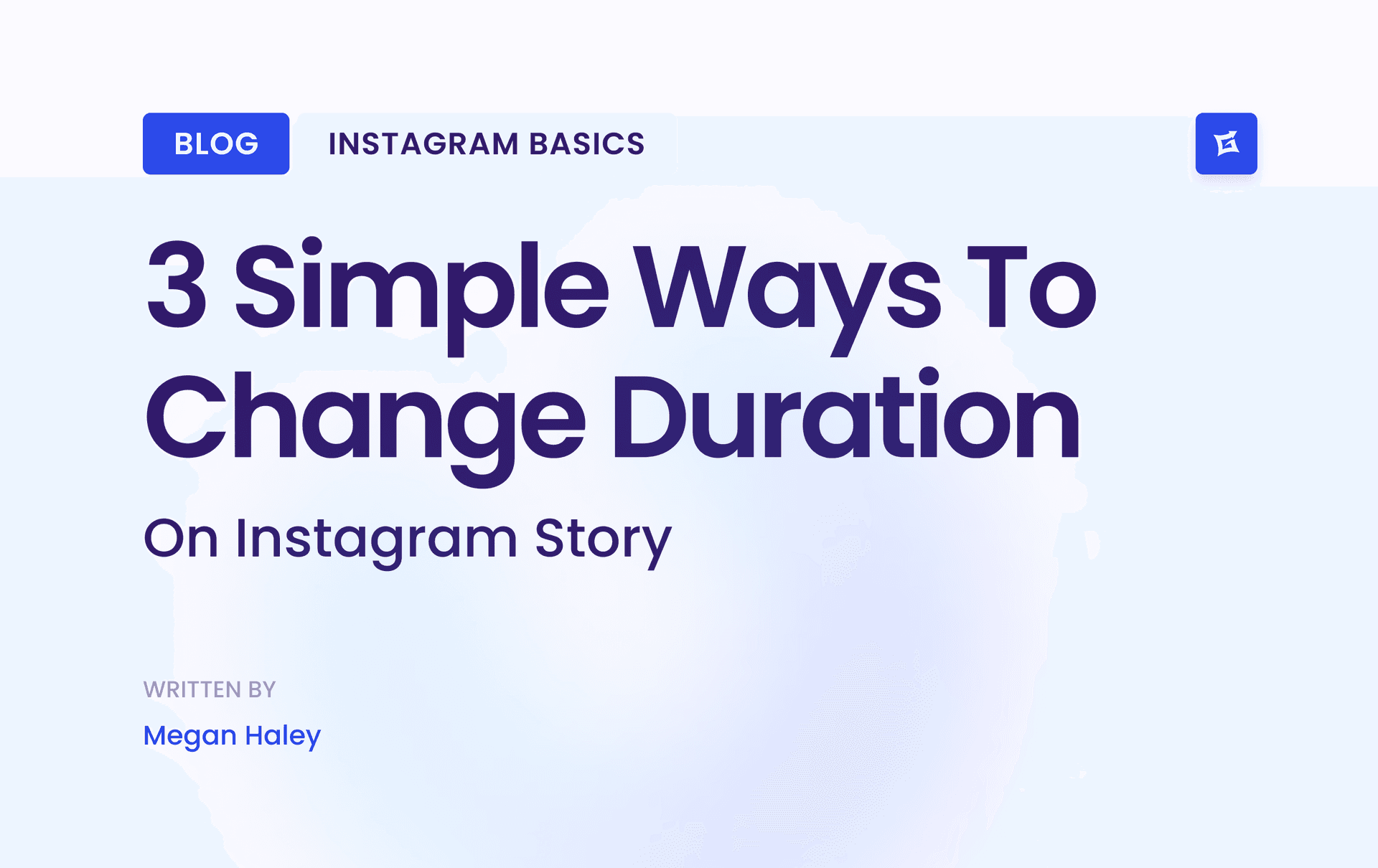
.png&w=1920&q=75&dpl=dpl_Z6gu6XbtMvtEWfqp1ffTThfB5gRx)
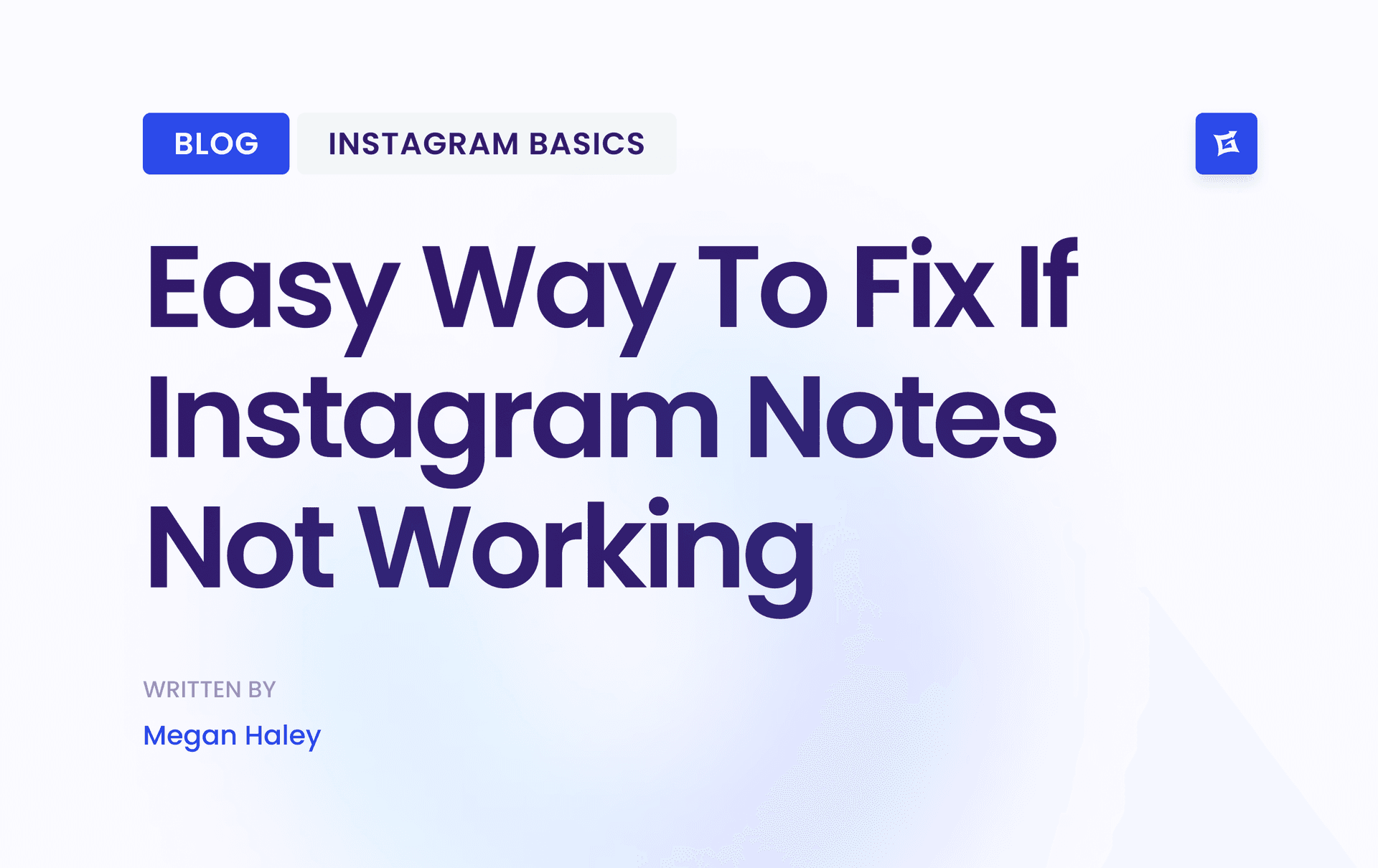
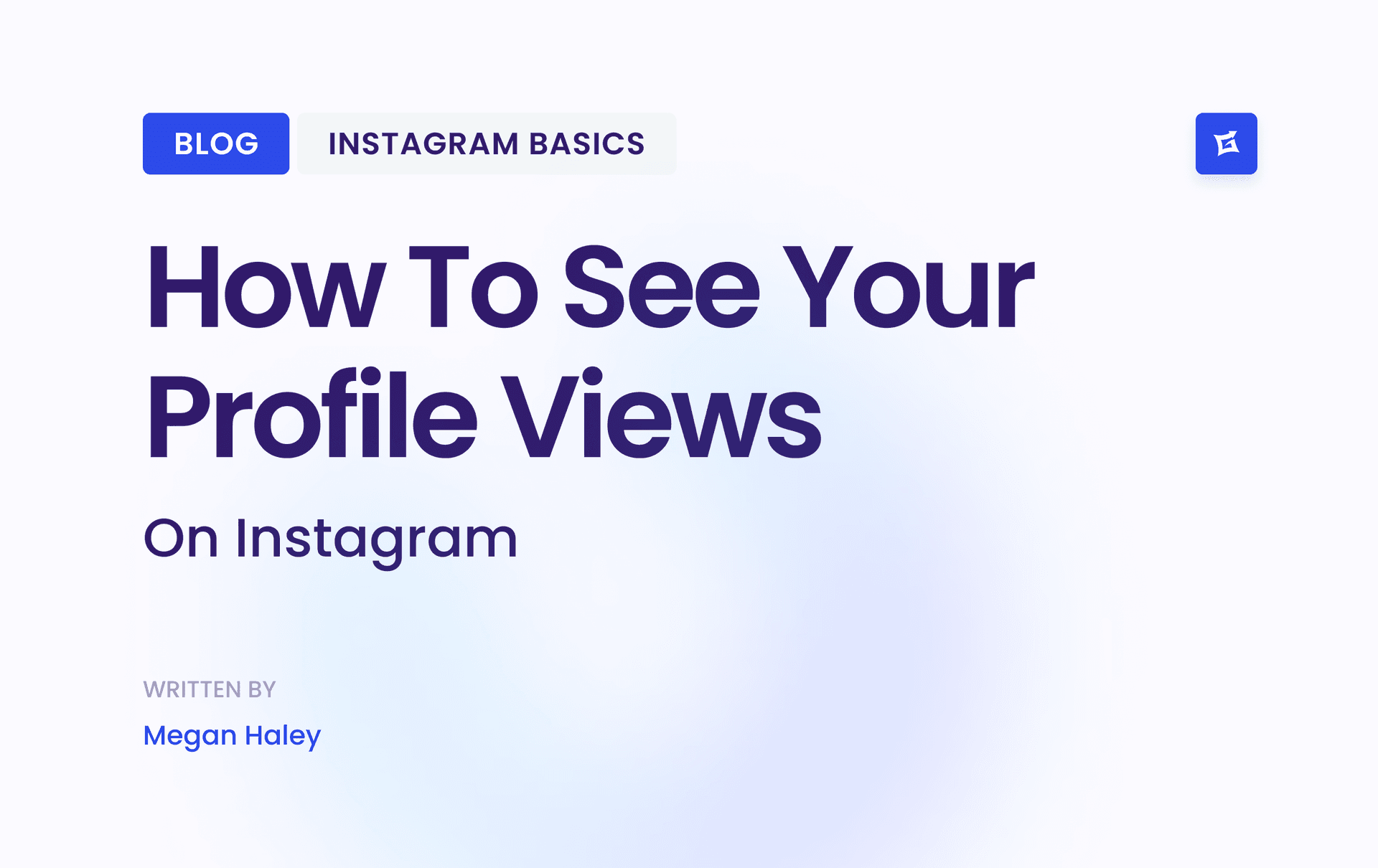
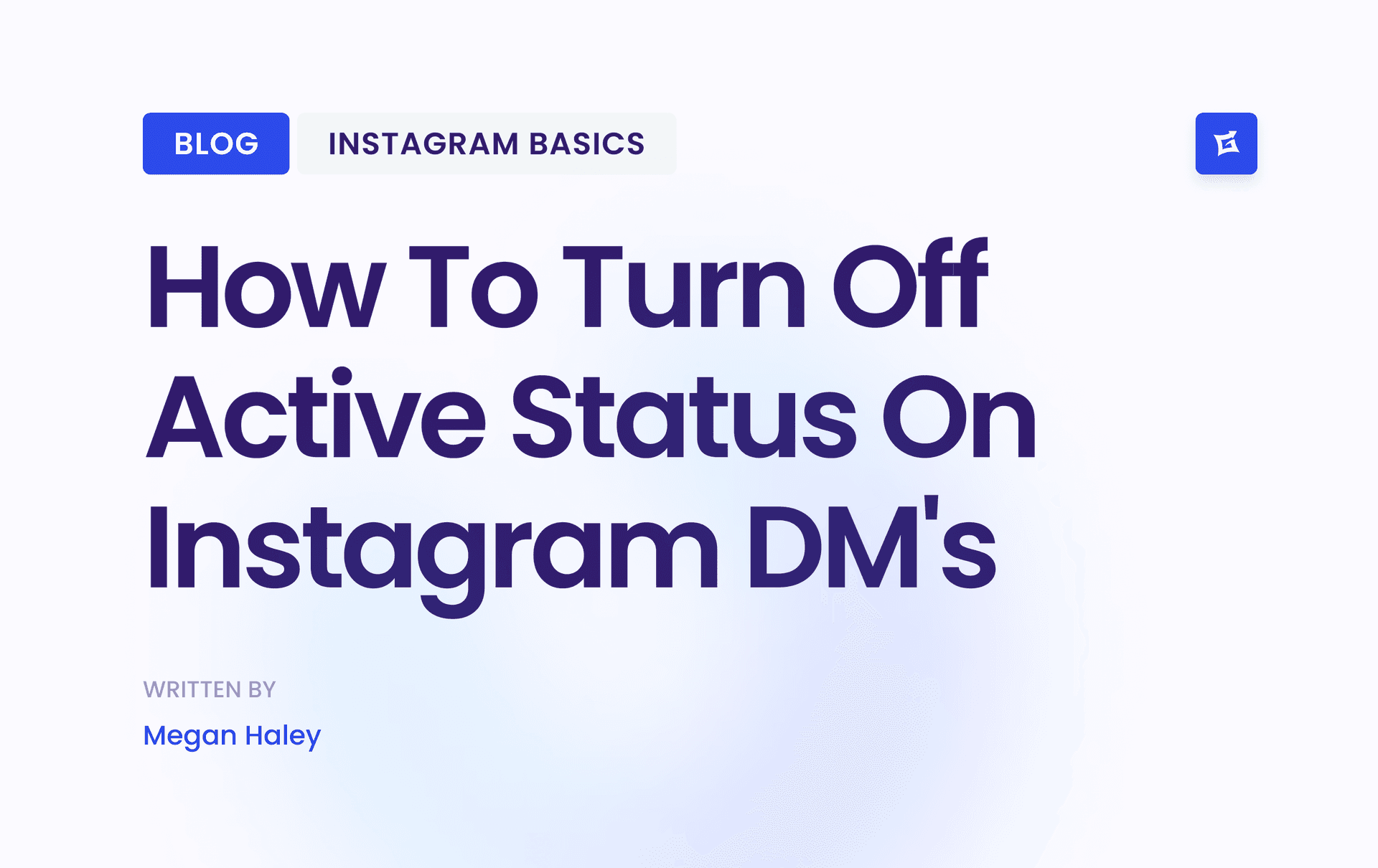





.png&w=750&q=75&dpl=dpl_Z6gu6XbtMvtEWfqp1ffTThfB5gRx)
